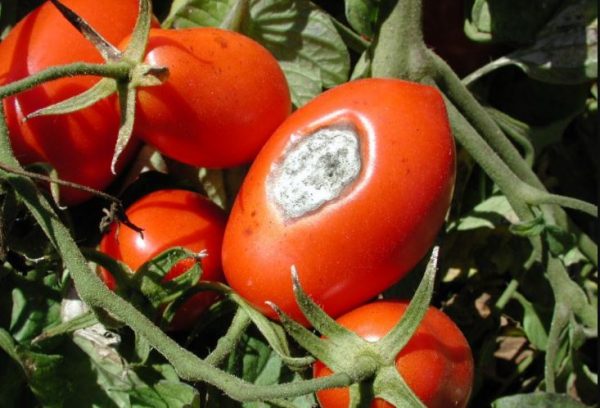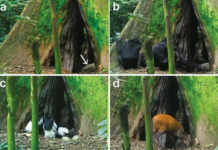Morocco has given the green light for sale of Bionematicide, Cedroz to be used in tomatoes and cucumbers. The products product is being developed by Eden Research, a company focused on biopesticides and plastic-free formulation technology. The approval in Morocco is the first product authorization for an Eden-developed product in this territory.
Tomatoes form a core part of Morocco’s agricultural output, with the region producing around 565,000 tonnes of the crop per year, with sales representing 15.5% of the country’s nominal Gross Domestic Product. Of this, Morocco exports around 33% of the tomatoes produced, with up to 90% consumed by the EU.
There is an increasing focus on Integrated Pest Management by the Moroccan Government and a rising preference for the use of biofertilizers and biopesticides in both conventional and organic farming. As such, there is an opportunity for bio-nematicides, such as Cedroz, to address growing demands for the use of fewer synthetic chemical inputs and reduced residues in food.
Distribution process
Cedroz will be distributed by Eden’s regional commercial collaborator, Eastman Chemical Company, forming part of its Soil Care offering to farmers in Morocco, being an effective and sustainable solution to help fight nematodes, while ensuring harvested products meet export criteria and customer expectations for residue-free crops.
Sean Smith, Chief Executive Officer of Eden, commented: “We are delighted by these new authorizations, which represent the first approval of Eden-developed products in the Moroccan and Romanian markets, led by our commercial collaborators, Eastman and KNE Certis, respectively. With governments in these countries focused on reducing the use of conventional chemicals in agriculture, these developments represent exciting opportunities for us, as farmers seek sustainable and effective alternatives. Cedroz has now been authorized in ten countries and Mevalone in fourteen and we look forward to working alongside our commercial partners to expand our products’ footprints in the growing biopesticides market.”









